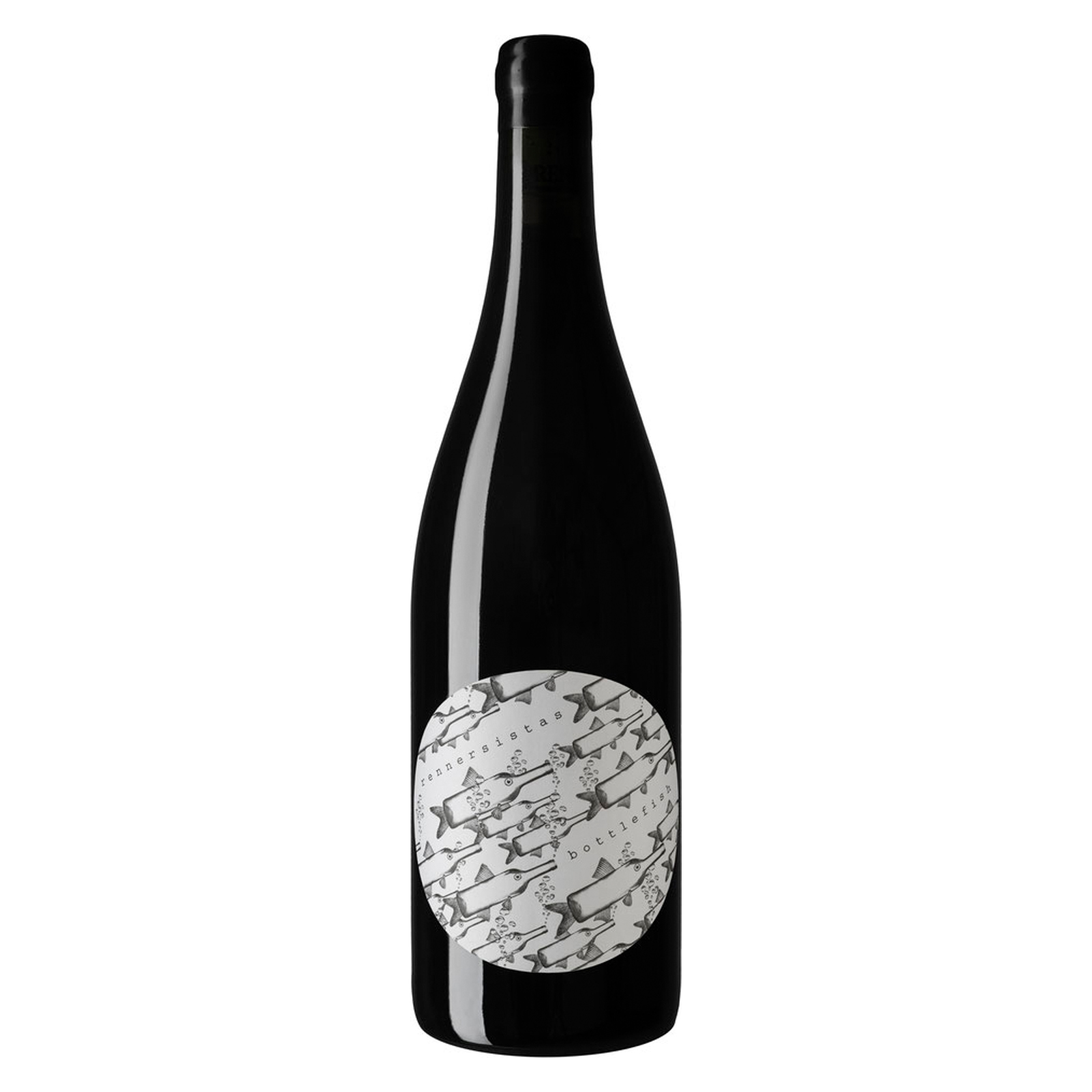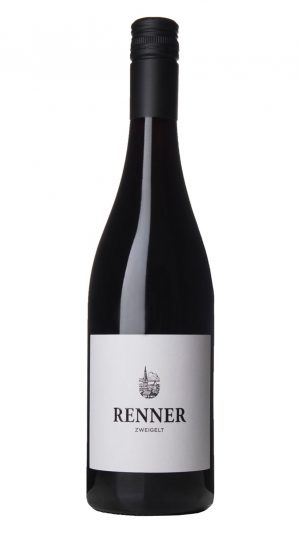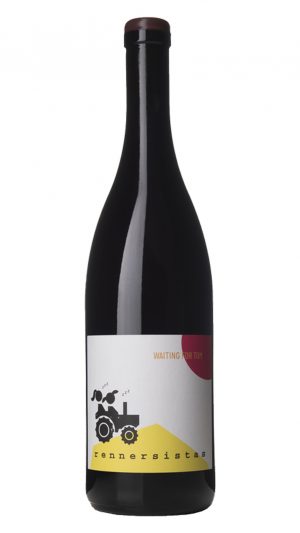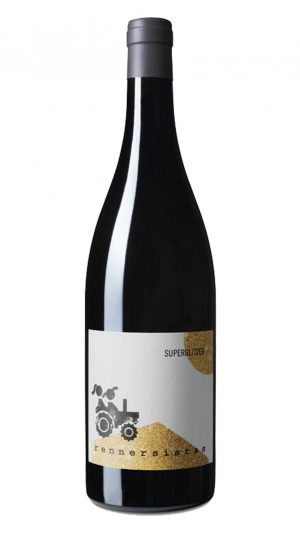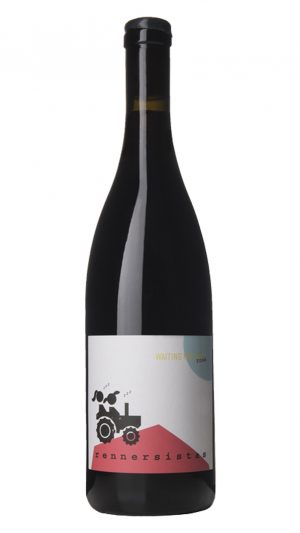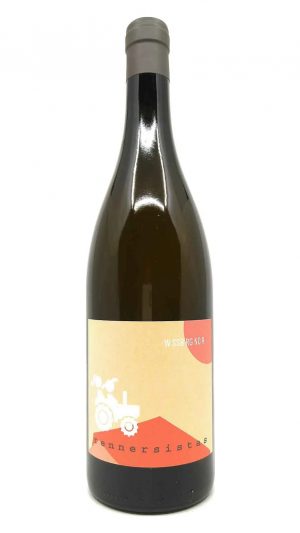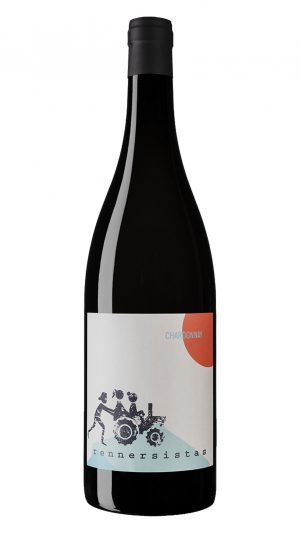Renner Sistas Bottlefish 2021
Type: Red
Country: Austria
Region: Burgenland
Grape Variety: 100% Blaufrankisch
Viticulture: Natural Wine | Biodynamic | Certified Organic
Climate: Hot, continental Pannonian climate
Terroir: Vines grow on a soilbed of clay and limestone. Average age of vines is approximately 14 years old
Winemaking: Carbonic maceration. Whole grapes are fermented under pressure in a small stainless steel tank, and pressed for 10 days after. Spontaneous fermentation in used 500L barrels. Bottled unfiltered
Color: Bright red
Nose: Bright with aromas of cherries, raspberries and violets
Palate: The carbonic maceration has blessed this bright red wine with fruitiness and juiciness. It has notes of cherry, raspberry and violets. It is mild in both acidity and tannins making it an overall delicious balanced red
About the Winery:
Birgit and Helmuth Renner took over the winery in 1988, and they are currently in the third generation with daughters Susanne and Stefanie waiting in the wings to enrich the existing business with new ideas. Currently, they cultivate 12 hectares of vines around Gols. These are located on the Parndorfer Platte with the upper hillside sites of Altenberg, Schafleiten, Salzberg, Gebühl and Ungerberg, as well as on the Heideboden south of Gols.
The careful cultivation of the vineyards by hand is paramount to the Renner family. Birgit & Helmuth have realised the importance of sustaining healthy vines and hence, converted the entire vineyard to organic farming in 2009. The first certified organic harvest was in 2012, and they are deeply convinced that the wines have greatly benefited from this transition. The ambitious Renner sisters, aka “rennersistas”, are motivated to continue on this same path. Since the 2018 harvest, the entire farm has been converted to biodynamic agriculture and certified by Demeter. Through even more diversity in the vineyards, with green harvesting and the recycling of organic material as well as replenishing the soil, they want to further promote the health of their land. Through this close-to-nature viticulture, they have created the best possible environment for healthy grapes. This opens up new opportunities for creating exceedingly good wines and long-term sustainability within the vineyard.

